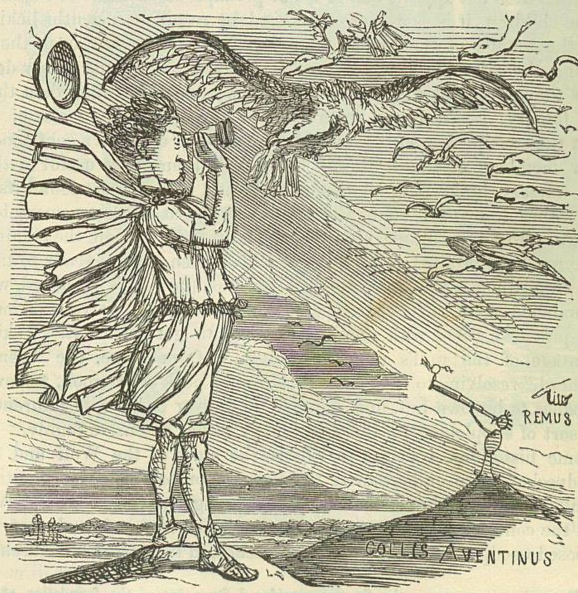
Ancient Rome is known for its vast empire and powerful military, but it is also recognized for its unique religious beliefs and practices.
In this blog post, we will explore 6 strange but true facts about religion in Ancient Rome.
1. Worship of Household Gods

In Ancient Rome, every household had their own gods or spirits that they worshipped. These gods were believed to protect the home and bring good fortune to the family.
The most common household deity was the goddess of the hearth, Vesta. It was believed that if the fire in the hearth went out, it was a bad omen for the family.
2. Animal Sacrifice

Animal sacrifice was a common practice in Ancient Rome. They believed sacrificing an animal to the gods would bring good fortune and ensure their protection.
A common animal used for sacrifice was the bull, which was seen as a symbol of strength and fertility.
3. Augury

Augury was a form of bird divination used in Ancient Rome. It involved the interpretation of omens or signs from the gods.
If a bird flew to the left, it was seen as a bad omen, but if it flew to the right, it was seen as a good omen.
4. Festival of Lupercalia

The Festival of Lupercalia was an important festival in Ancient Rome. It was held in February and was dedicated to the god Lupercus, who was the god of fertility and shepherds.
During the festival, young men would run naked through the streets, whipping women with strips of goat hide. It was believed that this would ensure their fertility and protect them from evil spirits.
5. Worship of the Emperor

In Ancient Rome, the emperor was not only a political leader but also a religious figure. Emperors were often deified after their death and worshipped as gods.
This practice reached its height during the reign of Emperor Augustus, who was worshipped as a god during his lifetime.
6. Cult of Mithras

The Cult of Mithras was a mystery religion that was popular in Ancient Rome. It was based on the worship of the god Mithras, who was seen as a mediator between the world of gods and men.
The cult was known for its secretive initiation rites and its emphasis on the struggle between good and evil.

